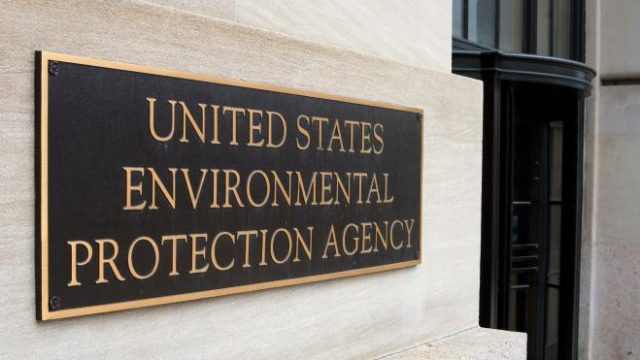America Has So Many Environmental Regulations They Can't Even Be Counted

Yesterday I wrote about modern Luddites who argue that America’s economy is suffer because too many laborers are being replaced by technology. Which doesn’t make any sense. Should we go back to farming with horses because that was more labor-intensive and employed more people on farms?
Rather, I argued that America isn’t being held back because technology is changing faster than ever, but rather because our government is larger than ever. Case in point, the web of environmental regulations American individuals and businesses must contend with in their day to day lives. There are apparently so many hundreds of thousands of regulations and laws on the books they can’t even be counted:
While there is no concrete figure, there are an estimated 300,000-400,000 environmental laws, statutes and mandates believed to be in circulation nationally. Many can land a person in prison, regardless of whether another person, plant or animal is harmed.
In Louisiana alone, there are more than 280 offenses relating to hunting, fishing and wildlife that could get a person locked up for a long time. If a shrimper in the state picks up another person’s broken crab trap and throws it away on land, he or she could be sent to prison for two months. If it happens more than once, there is a mandatory prison stay.
In Alabama, getting rid of scrap tires in an “unauthorized” manner is considered a felony, punishable by up to 10 years in prison.
In Mississippi, a person can spend six months in the slammer for “wounding, drowning, shooting, capturing, taking or otherwise killing any deer from a boat.”
The onslaught of environmental laws has clogged the legal system and pitted residents against powerful prosecutors. The vagueness and overreach of the laws can be staggering, Reddy told FoxNews.com.
North Dakota got a taste of absurd environmental law when US Prosecutor Tim Purdon, under the auspices of the Migratory Birds Treaty Act, attempted prosecute criminally a group of oil companies operating in the state for roughly two-dozen dead common ducks found after a three month investigation.
If you think the potential for that kind of abuse by government regulators and marauding, overzealous prosecutors isn’t chilling to doing business in America, think again.
What’s holding America back is government that has simply grown too large.







